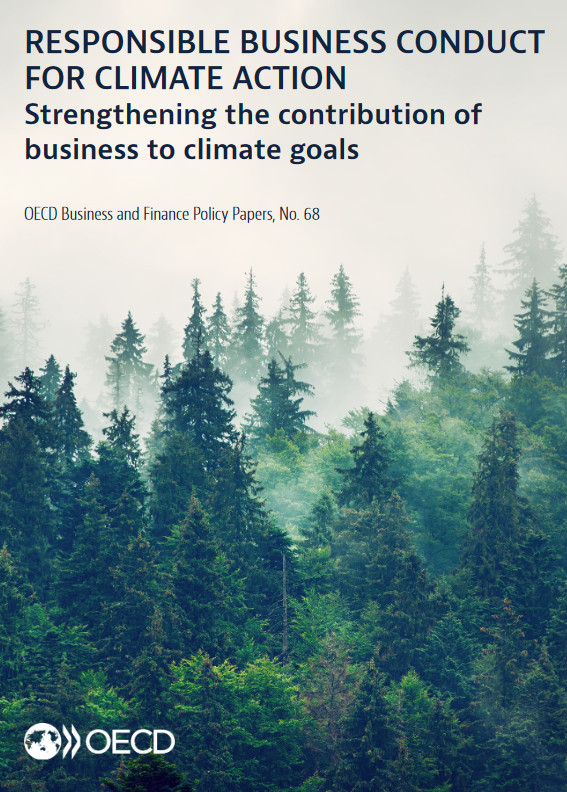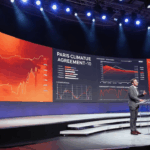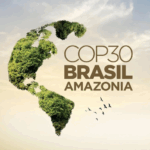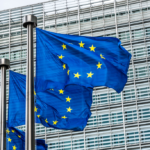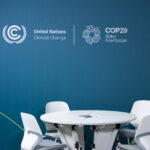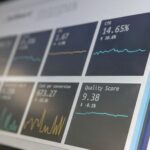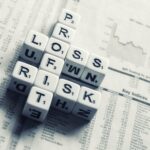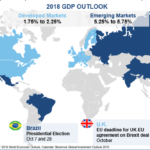The recent OECD Forum on Green Finance and Investment 2024 highlighted how despite insufficient leadership to expect through COP 29, more clarity would be required to help investors and corporations advance their climate journey. OECD released during COP 29 a very useful guidance. Building-off of the Environment Chapter of the OECD Guidelines for Multinational Enterprises on Responsible Business Conduct, OECD released a policy paper on “Responsible Business Conduct for Climate Action: Strengthening the contribution of business to climate goals.” The document provides a compass to businesses and investors to navigate multiple, and sometimes conflicting, expectations on how to address the climate crisis. Here’s an overview.
Businesses and the Triple Planetary Crisis
The OECD identifies the “triple planetary crisis”—climate change, biodiversity loss, and pollution—as a critical challenge for humanity. Businesses contribute to these crises through emissions and environmental degradation but also hold the potential to mitigate them.
Interconnected Crises and Business Accountability
- Climate Change: Rising temperatures (1.1°C above pre-industrial levels) and associated extreme weather events exacerbate ecosystem decline and socio-economic disruptions. Businesses, particularly multinational enterprises (MNEs), significantly contribute to global GHG emissions across operations and supply chains.
- Biodiversity Loss and Pollution: Climate change accelerates biodiversity loss, further undermining the ability of ecosystems to mitigate climate impacts and adapt to changing conditions.
The OECD RBC guidelines address these challenges by providing tools such as the Due Diligence Guidance for Responsible Business Conduct, enabling companies to identify, mitigate, and remediate adverse environmental impacts, including those linked to human rights violations.
Key Drivers for Business Climate Action
Businesses are increasingly adopting climate actions due to:
- Regulatory Requirements: Over 5,000 climate-related laws and policies globally encourage compliance with emissions reduction goals.
- Investor Pressure: Activist shareholders demand stronger climate risk management and decarbonization.
- Financial Impacts: Companies face transition risks and physical climate risks (e.g., asset damage, supply chain disruptions).
- Social Expectations: Consumers and employees prioritize businesses demonstrating climate responsibility, reinforcing the need for transparency.
The OECD Guidelines help businesses respond to these pressures, emphasizing science-based targets, transparency, and stakeholder engagement..
Harnessing OECD Tools for Effective Climate Action
The OECD’s RBC framework equips businesses with practical tools to embed climate considerations into their strategies, enabling mitigation, adaptation, and alignment with just transition goals.
Tools and Instruments Supporting Climate Mitigation
- Science-Based Targets: The OECD Guidelines recommend businesses establish GHG reduction targets aligned with the Paris Agreement and informed by the latest Intergovernmental Panel on Climate Change (IPCC) findings.
- Targets should cover Scope 1, 2, and 3 emissions, ensuring comprehensive action across value chains. For example, the financial sector’s financed emissions (Scope 3) often account for over 99% of total emissions.
- Businesses are encouraged to prioritize reducing emissions at the source over relying on offset mechanisms.
- Climate Disclosure and Transition Plans: The OECD promotes transparent climate-related reporting:
- Companies must disclose progress on short-, medium-, and long-term emissions reduction targets using standardized metrics like those proposed by the Task Force on Climate-Related Financial Disclosures (TCFD).
- Transition plans should integrate OECD Guidance on Transition Finance, which includes steps like setting interim targets and adopting robust governance frameworks.
Climate Adaptation and Resilience
Businesses are expected to address climate risks beyond mitigation:
- Adaptation measures, such as climate-resilient infrastructure and supply chain diversification, ensure business continuity.
- Companies must avoid adaptation strategies that undermine community resilience (e.g., water-intensive hydrogen projects in drought-prone areas).
Stakeholder Engagement and Risk-Based Due Diligence
The RBC framework highlights the importance of proactive, risk-based, and stakeholder-centered climate action:
- Due Diligence Process: The OECD’s RBC Due Diligence Framework supports ongoing identification, mitigation, and remediation of climate risks. This process extends beyond tier-one suppliers to encompass the full value chain.
- Engagement: Meaningful collaboration with affected stakeholders—workers, Indigenous Peoples, and communities—ensures that mitigation and adaptation actions align with societal needs.
Integrating Climate Goals with Broader Sustainability Objectives
The OECD recognizes the interconnectedness of climate, biodiversity, and human rights issues, advocating a holistic approach to climate action.
Holistic Climate Strategies
The OECD Guidelines encourage businesses to:
- Balance environmental goals with socio-economic equity. For instance, renewable energy projects must avoid land conflicts and displacement.
- Integrate biodiversity conservation with mitigation efforts to achieve co-benefits, such as carbon sequestration and improved community livelihoods.
Supporting a Just Transition
Transitioning to a low-carbon economy poses challenges for workers and communities reliant on high-emitting sectors. The OECD emphasizes:
- Labor Rights: Businesses should reskill and redeploy workers while respecting collective bargaining rights.
- Community Engagement: Innovative ownership models, such as community-owned renewable energy projects, share economic benefits and reduce local resistance to green initiatives.
Addressing Supply Chain Risks
Critical minerals required for clean energy technologies pose environmental and human rights challenges. The OECD advocates:
- Responsible sourcing through robust due diligence to prevent resource conflicts and human rights abuses.
- Circular economy principles, such as recycling and resource efficiency, to reduce reliance on raw materials.
Tackling Cumulative Impacts
Climate actions like afforestation and nature-based solutions (NbS) require careful planning to avoid adverse impacts. For instance, large-scale NbS projects must avoid converting natural ecosystems into monoculture plantations, which harm biodiversity.
Conclusion
The OECD’s Responsible Business Conduct for Climate Action framework provides businesses with essential tools to align their operations with global climate goals while addressing broader sustainability challenges. By implementing these principles, businesses can:
- Set credible, science-based climate targets.
- Adopt proactive, risk-based due diligence processes.
- Ensure that climate actions align with human rights and social equity goals.
Collaboration across stakeholders, industries, and governments is critical to achieving these objectives. Ultimately, businesses that embed OECD guidelines into their operations can play a transformative role in driving a just and sustainable transition to a low-carbon economy.
Ksapa is already extensively working with tools and methodologies ensuring to connect climate and sustainability issues altogether. Ksapa is fully aligned and supportive of the guidance developed by OECD as it brings a clear pathway navigating contradictory injunctions between initiatives at an urgent time when business and investors want instead to see a clear consensuel pathway to make progress on climate action.
Président et Cofondateur. Auteur de différents ouvrages sur les questions de RSE et développement durable. Expert international reconnu, Farid Baddache travaille à l’intégration des questions de droits de l’Homme et de climat comme leviers de résilience et de compétitivité des entreprises. Restez connectés avec Farid Baddache sur Twitter @Fbaddache.

